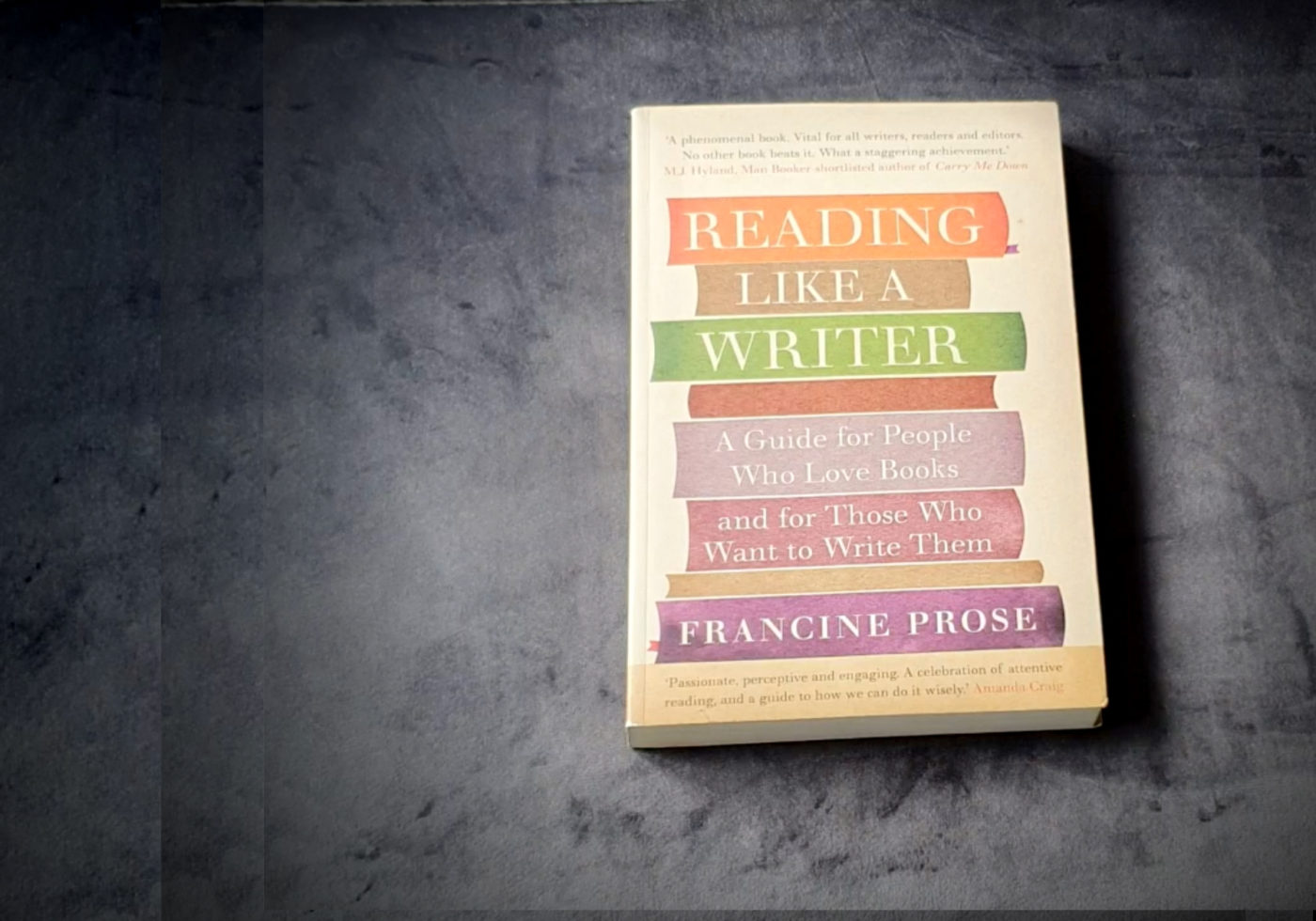Technology can be both a help and a hinderance
I was in danger of drowning from all that research I did, but then I came across Evernote, which lets you ‘save’ any weblink, piece of writing, image, video or even electronic handwriting and keep it in order through tags and virtual folders. You can also search all the things you’ve saved. Scrivener has also been a help with keeping track of research, electronically plotting novels (you can drag and drop chapters and scenes around) and do all sorts of useful novel writing things.
But, let’s face it, being on Twitter/Facebook/Instagram/Insert-Your-Chosen-Social-Media Here can be just another distraction. I’ve resorted to using apps such as Freedom that allow you to set times when your laptop or phone can access the internet or other apps.
You won’t require as much research as you think
Before I wrote a word, I did a ton of research for my debut Kololo Hill. I read books, watched documentaries and films, used Google Maps, looked at photo archives and took a research trip to Uganda. I’m exhausted just writing all that! While it was all helpful to get a ‘feel’ for the period and culture, I became so bogged down in facts that it became difficult to keep the story at the forefront. I took a different approach when writing book 2, with just enough research to get a flavour of setting and history. Then I just wrote. This saved a fair bit of time , because in subsequent drafts I only had to research the specific facts that were in the story.
The best way to learn the craft of writing is by writing (and reading)
I am a writing craft junkie. I devoured all the books I could find, read blogs, scanned author interviews for every tidbit on writing and paths to publication. Books such as Into the Woods and Reading Like a Writer have helped me, but there comes a point when you’ve read so many that they become nothing more than another procrastination method. The most important thing is to write. Write without judgement and without fear. Worry about how you’ll edit the damn thing on the next draft. And when you’re not writing, read books. Any and all genres, including non-fiction. Work out how other writers have created great – or indeed terrible – books. Learn from those that have gone before but then forge a voice and style that’s all your own. Just write. Sounds simple, right? There’s a reason that Hemingway said ‘All you do is sit down at a typewriter and open a vein.’ But for me, a lot of writing is psychological. You have to overcome the doubts that every writer has and just write. And write. Then write some more.
There’s no ‘perfect’ time or way to write
I dream of having a room of one’s own, with beautiful bookcases and a velvet chaise longue to which I can repair. But the reality is that, I couldn’t have written Kololo Hill until I let go of the idea that I needed the perfect conditions in which to write. I have a full time job and like most writers, various other commitments. I wrote whenever and wherever I could. In fact, most of the first draft was written on tube carriages during my commute, straight into my smartphone. Adding more restrictions and rituals to our writing process is a sure fire way of writing less, not more.
Writer’s block happens to everyone but there’s a method for keeping it at bay
I’ve been lucky to only have experienced writer’s block for a couple of days. I’ve learnt that the more I try to ‘force’ the words, the harder it becomes to find them! Instead, as I’ve talked about on other posts, I use a technique called free writing that requires you to write down whatever comes into your head, even if it’s not directly related to the story, and not looking back over your work. I find this eventually unlocks something so that writing flows. It takes some discipline, but this technique is the first thing I learnt in the online creative writing course and I doubt I’d ever have written a novel without it. The words won’t be perfect the first time we write them but that is what 2nd, 3rd and 18th drafts are for! Trust your ‘future self’ to go back and polish them later.
I hope this post is useful. Don’t forget, Kololo Hill is available to pre-order Amazon, Waterstones and lots of other bookshops now.
- Don’t forget to subscribe to this blog to make sure you’re always the first in the know.
- I’ll be doing an exclusive first look video each week with even more tips on YouTube so do check out my channel.
- I’d love to hear what you think of these tips so say hello here or find me on Instagram, Facebook or Twitter.







